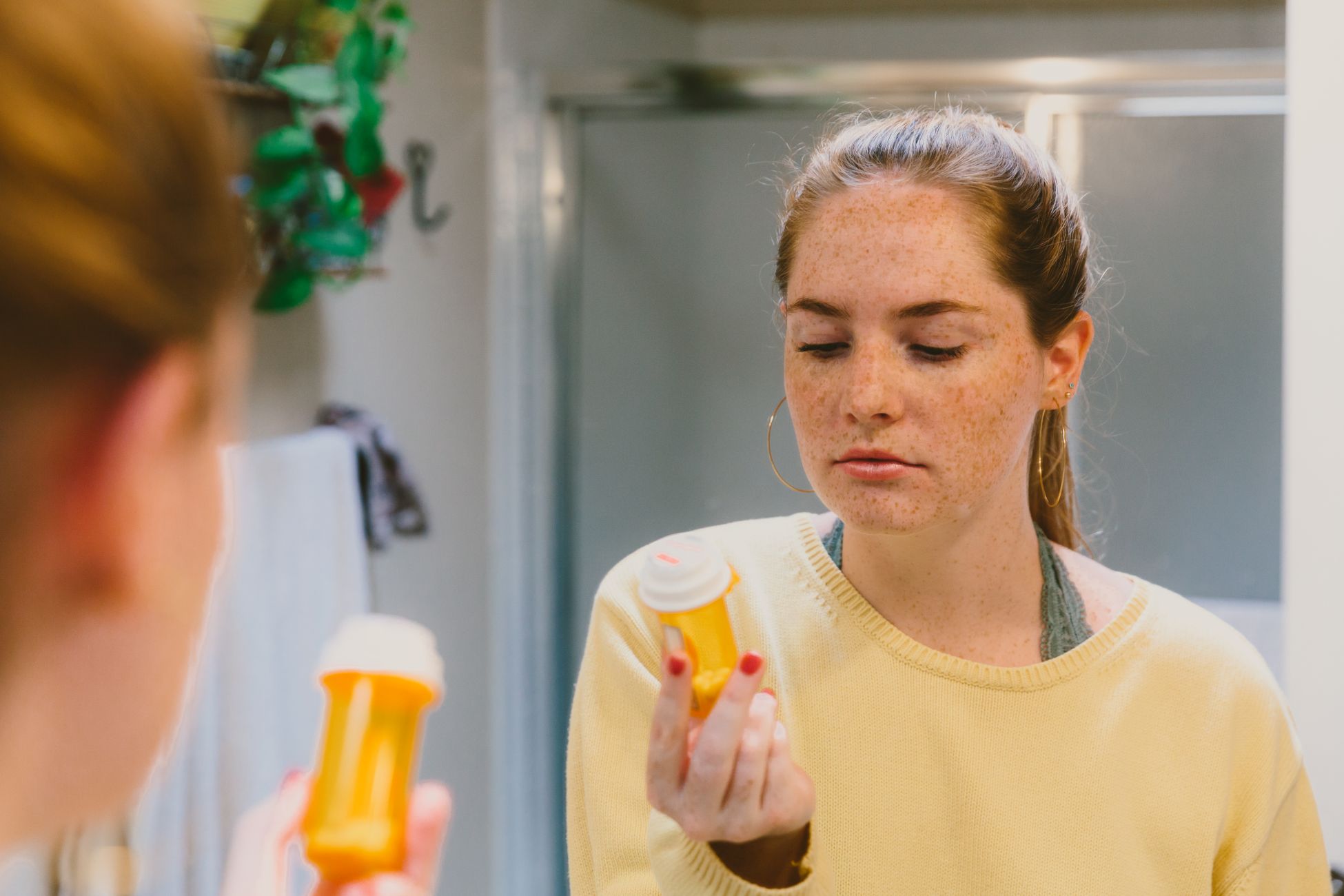-
Family Resources
Family Resources
-
Prevention & Early Action
Proven strategies and early intervention techniques to prevent drug misuse and save lives.
-
Treatment & Recovery
Effective treatment and recovery resources to address substance use disorder and regain wellness.
-
Family Support Services
Free, confidential support through our helpline, text messaging, and online groups for families.
-
Drug Information & Facts
An in-depth guide to drug types, effects, and risks along with safe practices.
-
Resource Centers
Explore a variety of resource centers with guidance on prevention, recovery, family support and more.
-
Family Stories
Transformative narratives of recovery and personal triumph over addiction challenges.
-
Connect with our Helpline
Text, email, or call for free, confidential help addressing your child’s substance use challenges.

-
Join Help & Hope by Text
Receive personalized texts with tailored tips, tools, and resources for every stage of support.

-
Take our Prevention Check-Up Assessment
Assess your child’s substance use risk with our free, confidential tool for tailored guidance.

-
Join our Online Support Groups
Join our support groups for parents and caregivers.

-
Prevention & Early Action
-
Professional & Community Services
Professional & Community Services
-
Services and Solutions Overview
We leverage our research and industry-leading knowledge to empower organizations and professionals.
-
Our Experts
We are a diverse community of researchers, advocates, clinicians, communicators, and practitioners.
-
Partner Networks
Partner with us to develop and share compassionate, research-backed messages that raise awareness and drive action on substance use and addiction nationwide.
-
Prevention Resources
Discover how we collaborate with prevention professionals to implement evidence-based strategies that reduce youth substance use and support healthier communities.
-
View our Trainings
Access trainings to meet the needs of providers, clinicians, educators, other youth-serving professionals. Flexible delivery options include self-paced, live virtual, and in-person.

-
Connect With Our Business Services Team
We offer custom solutions to our clients. Let us know how we can help you achieve your goals.

-
Services and Solutions Overview
-
Support Us
Support Us
-
Donate Now
Your donation provides vital services and resources that empower families and address addiction.

-
Start a Fundraiser
Raise funds for a special event or in tribute to ensure families have the support they need.

-
Attend our Gala
Our annual event celebrates distinguished leaders and partners in our mission while providing critical support for our work.

-
Donate Now
-
Policy, News & Research
Policy, News & Research
-
Policy Work
Using research and family insights to drive policies to improve treatment and prevent addiction.
-
Evidence-Based Research
Original research enhancing prevention, treatment, and recovery methods and practices.
-
Research Reports
Key insights on addiction prevention, treatment, & recovery.
-
Partnership News
Latest updates on our partnerships, work, and press announcements driving change.
-
News from the Field
Curated news and updates for advocates, policymakers, and community leaders in the addiction field.
-
Policy Work
-
About Us
About Us
-
About the Partnership
What we do, who we serve, and our key priorities to end the addiction crisis in the U.S.
-
Board of Directors
Our board of dedicated leaders driving our mission to support families and prevent addiction.
-
Our Team
Our highly-trained staff working to engage families and communities in ending the addiction crisis.
-
Annual Reports & Financials
Our annual reports and financial statements demonstrate our transparency and impact.
-
Jobs
Join our team of experts delivering transforming addiction care with innovation, empathy, and data insights.
-
Our Impact
Check out our 2024 report highlighting strategies for prevention, treatment and family engagement.

-
Heart of the Matter Podcast with Elizabeth Vargas
Tune in as journalist Elizabeth Vargas dives into personal stories and expert perspectives to inspire change.

-
Media Center
Find information about our work, our stance on today’s most pressing addiction issues, connect with experts and get answers to frequently asked questions.

-
About the Partnership
- Search






